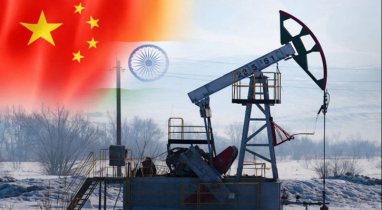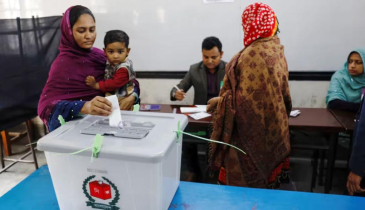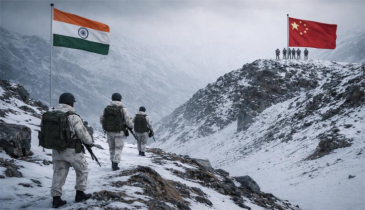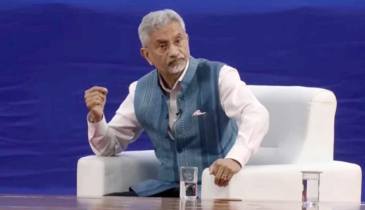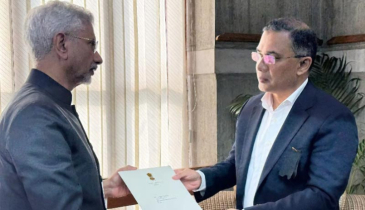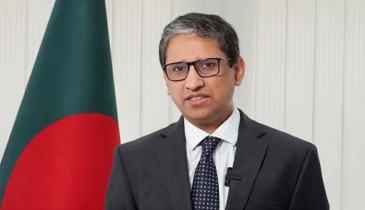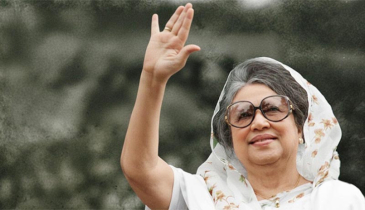Anticipation surrounds Pakistan's 8 february elections amidst military influence
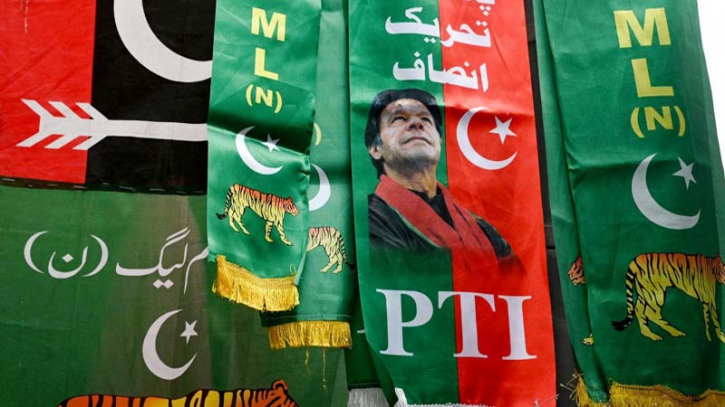
The common perception in Pakistan about the upcoming general elections is that the results have already been decided. Many assert that the influential military forces establishment is determined to keep former Prime Minister Imran Khan's Pakistan Tehreek-e-Insaf (PTI) party out of power at all costs.
Residents, such as Aliya Durrani from Islamabad, express disillusionment, stating, 'I am not planning to cast my vote. I support Imran Khan, and he is not eligible to contest elections. That is why I am not interested in these polls.'
Despite being one of Pakistan's most popular politicians Imran Khan is barred from standing in the elections due to multiple convictions related to corruption and leaking state secrets.
Opinion polls, however consistently place his PTI party ahead of its main rivals—the Pakistan Muslim League (N) led by three-time former Prime Minister Nawaz Sharif and the Pakistan People's Party, headed by Bilawal Bhutto-Zardari, the son of the slain ex-Prime Minister Benazir Bhutto.
Harris Khalique, secretary-general of the non-governmental Human Rights Commission of Pakistan, acknowledges the PTI as a "major popular party" but cautions against overstating Khan's popularity. He suggests that, while the PTI may secure significant support in major cities under fair conditions, an electoral sweep is unlikely.
The 2018 elections saw accusations of military interference in paving the path to office for Imran Khan.
However, by April 2022, a no-confidence vote led to Khan's ousting from the government, revealing growing tensions between him and the military. Khan attributed his removal to the military, which has collectively ruled Pakistan for over three decades, and also alleged collusion between the U.S., the military, and rival political parties—a claim categorically denied by Washington.
.png)


